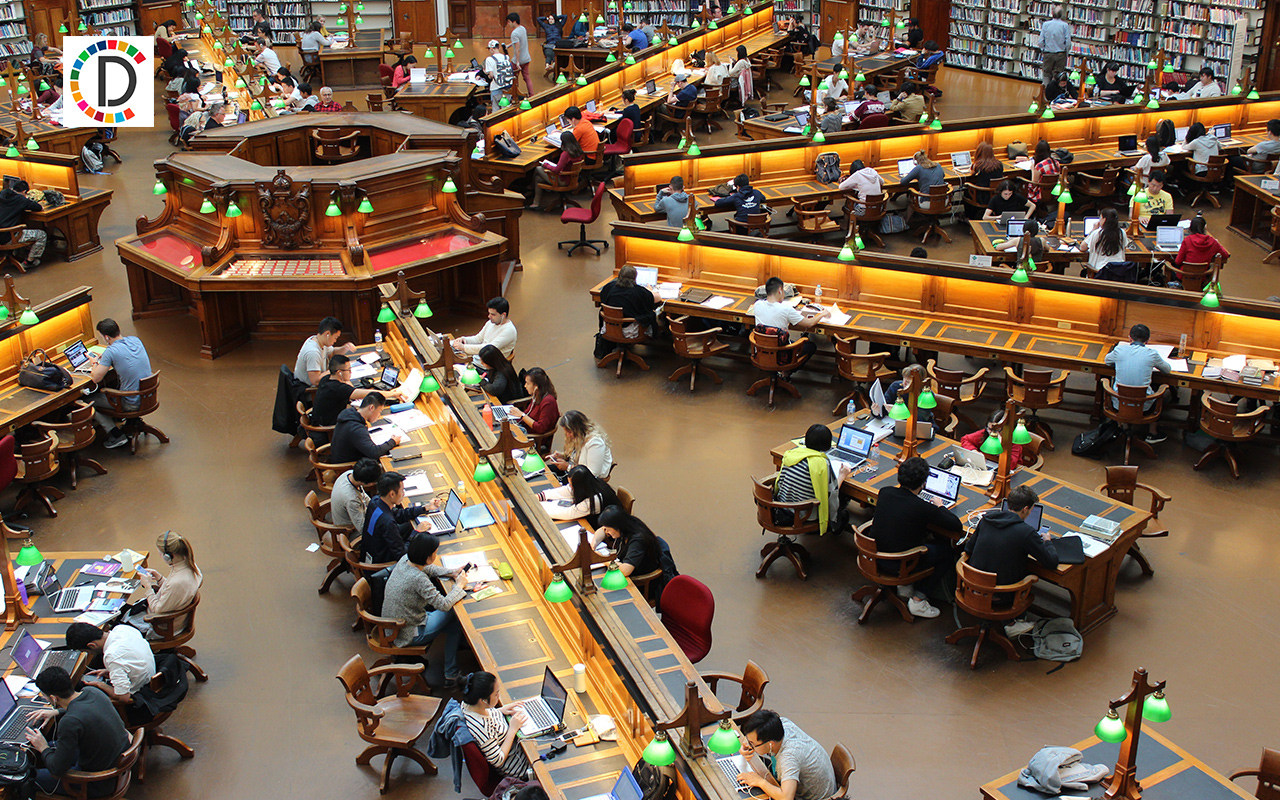RTE Act: Education for All or Missed Target?
The Right to Education (RTE) Act, introduced during Manmohan Singh's tenure, sought to ensure free education for children aged 6-14. Despite making significant progress, the Act has faced challenges. Notably, while private schools saw increased enrolment under the RTE, government schools experienced a decline.

- Country:
- India
The Right to Education (RTE) Act, instituted during the former Prime Minister Manmohan Singh's administration, has seen a mix of successes and challenges, education analysts reveal.
Introduced alongside the Right to Information Act, the RTE sought to guarantee free, compulsory education for children aged six to fourteen as a fundamental right. Recent changes have been enacted by the central government, such as removing the 'no-detention policy' for students in classes 5 and 8.
Although the RTE Act made significant strides in ensuring admissions in private schools for underprivileged children, it has also faced setbacks. Many government schools have closed, and enrolment has shifted toward private institutions, indicating a growing favor for private education.
(With inputs from agencies.)










